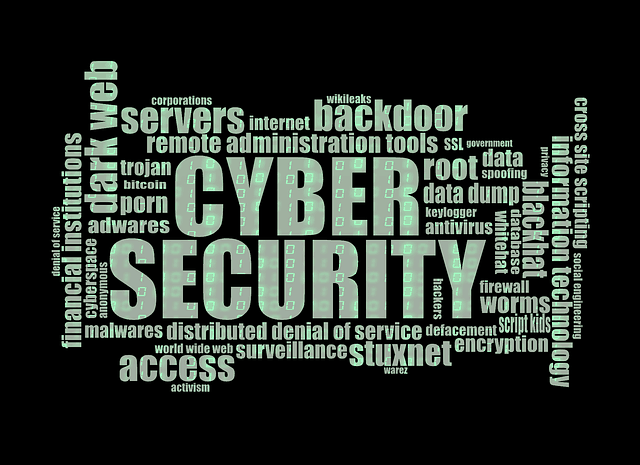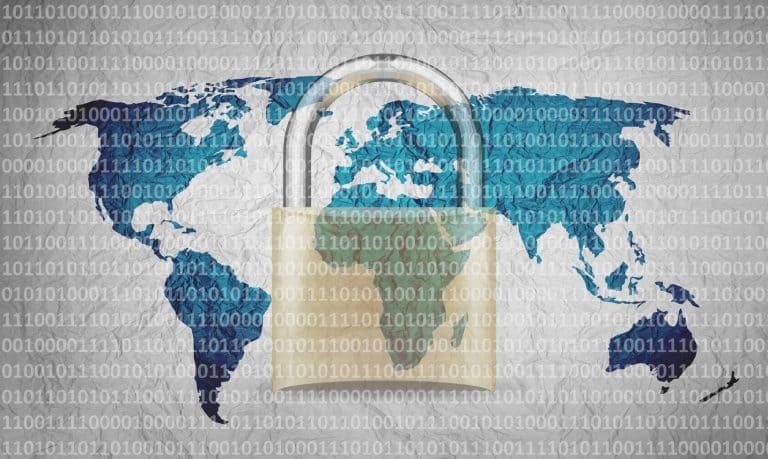What is the Ideal DevSecOps Framework for Enterprise Cloud Security

DevOps helps streamline and accelerate the product development cycle, mainly to automate the processes. DevSecOps is responsible for bringing out the best of DevOps with modern security practices. Once you read full report, you will understand that DevSecOps maintains the focus on automation and incorporates security.
The main goal of implementing an ideal DevSecOps framework for enterprise cloud security is to make each step of the process more secure and bring in new practices and tools to make the product more protected.
Nowadays, automation practices have started to become an integral part of all software delivery processes.
Hence, combining security with the process has become an essential part of the system. So what is an ideal DevSecOps framework, and how does it help maintain enterprise cloud security?
Ideal DevSecOps Framework
While developing a DevSecOps framework for enterprise cloud security, it is essential to view it and approach it as a gradual and continuous process rather than a fixed goal or a single result. On the whole, you should ensure that the security program that you develop is progressive.
The security program should not simply focus on the various technical aspects; it should also help create the proper framework that aligns best with the company’s business objective.
To develop the appropriate framework, you should first have a good idea about the ecosystem, which governs the whole organization in the likes of technology, process, and people.
If you read the full report about DevSecOps and its impact on security decisions, you will understand that there are certain best practices which if adopted in the right way, will help build effective frameworks for Enterprise Cloud Security.
Factors That Help Create an Ideal DevSecOps Framework
People
One of the main pillars that are responsible for creating an ideal DevSecOps framework is people. Only when you make a common goal connecting operations, security, and development will you develop the right culture and skills to achieve the collective purpose.
Firstly, to attain this, develop a collaborative style of working and break the silos among security, development, and operations. You can do this by establishing common and achievable goals.
An inclusive ecosystem can be created by integrating different security teams to work with functions and the development workforce.
As security is synonymous with partnership rather than ownership, you must try to engage the DevOps teams in decision-making.
Instead of just pointing out the issues, you must look for ways to contribute and develop a solution, an ideal framework.
Only when you embrace a transparent and blameless approach while engaging with the developers will you understand the issues properly.
You must also proactively engage with the DevOps teams through a security outreach platform to proactively discuss the security trends, ideas, and feedback. Another important aspect is knowledge sharing and training. Delivering awareness and training sessions to the developers helps them learn more about secure coding and designing and tools, which allows them to build an ideal DevSecOps framework for enterprise cloud security.
Technology
An ideal DevSecOps framework will provide a new face to technology to drive more innovation and automation. The perfect framework should have a multi-factor authentication (MFA) process so that professional attackers will not be able to steal the passwords.
It means that all the critical impact admins should use multi-factor or password-less authentication. MFA and password-less methods can improve the login experiences using different biometric approaches like facial recognition, etc. Zero trust approaches also remember trusted devices, which can drastically reduce prompting during MFA actions.
Cloud security solutions that offer automated platforms for such authentication processes are your best bet when developing an ideal DevSecOps framework. Read the full report to understand how such automated platforms help make security decisions.
Native Integration
Cloud computing, unlike other traditional data centers, works on a shared-responsibility model. In this model, a few security settings are controlled by a public cloud vendor, while customers own the rest.
An ideal framework that amplifies the functioning of enterprise cloud security should offer good visibility into different security postures across the cloud. Visibility also requires good coordination between the underlying cloud environment and the CWP solution.
In case you are an organization working with SaaS customers, your DevSecOps framework will also include a CASB (cloud access security broker) solution, which helps integrate with the SaaS service mainly to identify different configuration issues and risks the SaaS which is in use.
If you think of security as a separate process from DevOps, you will probably get held up in delays while delivering product features.
So, you must develop an ideal DevSecOps framework for enterprise cloud security with the help of a reliable cloud security solution.





